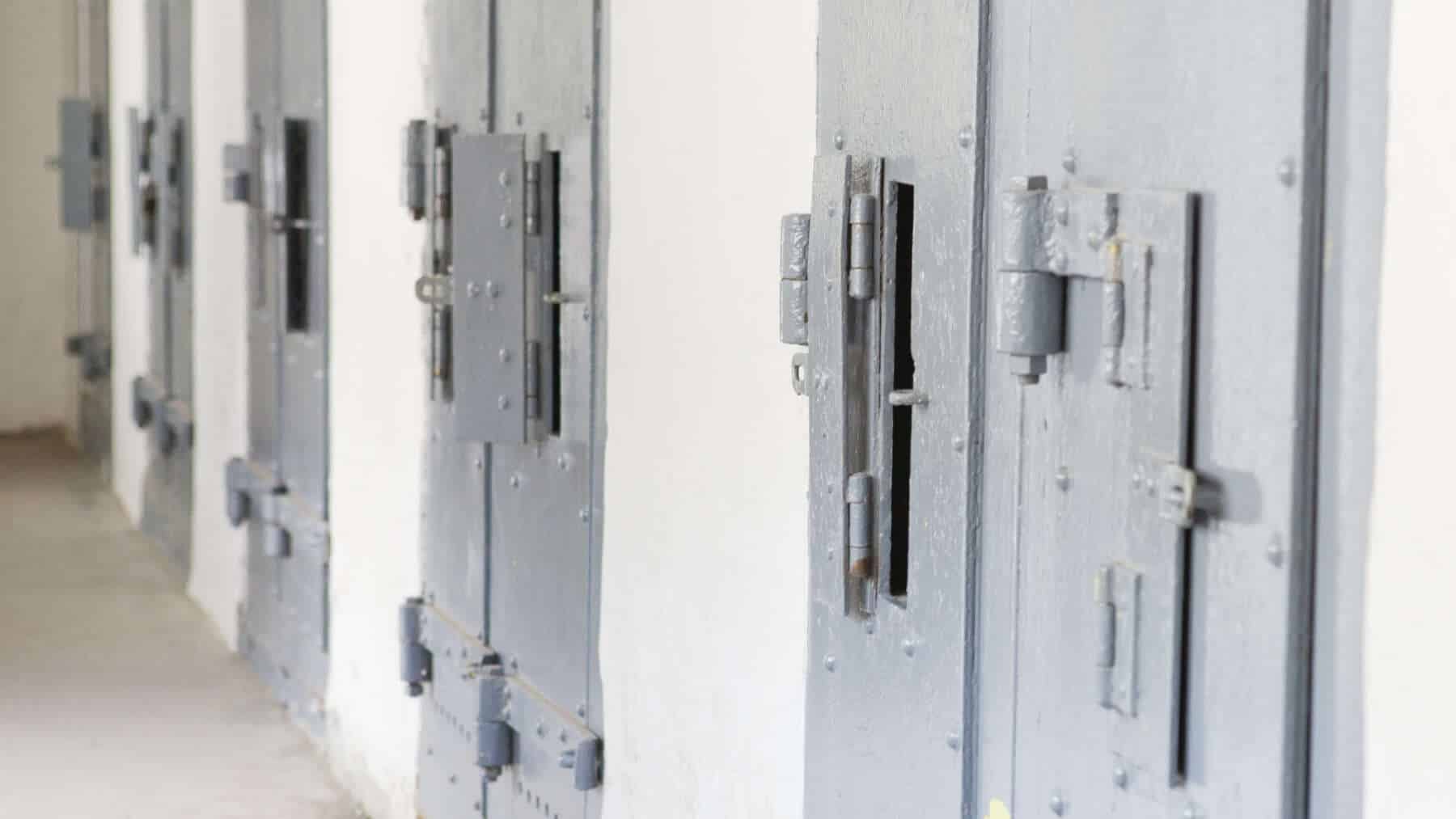Major Overhaul in Rhode Island’s Solitary Confinement Policy
Rhode Island’s Department of Corrections has announced a major overhaul of its solitary confinement policies. The changes, aimed at protecting inmates’ mental health, limit confinement duration and provide more humane conditions. But are they enough?
July 21, 2023, 2:32 pm
By Uprise RI Staff
In a significant move, the Rhode Island Department of Corrections (RIDOC) has announced major changes to its solitary confinement policies. This comes in response to ongoing litigation and mediation with the Federal Court, and the changes are set to take effect on July 30th.
The most noteworthy change is the limitation of disciplinary confinement to a maximum of 30 days for the most serious offenses and 15 days for other serious offenses. Previously, some prisoners were kept in lockdown for 22 to 24 hours a day for periods of a year or longer. Now, all prisoners will be medically and psychiatrically evaluated before being isolated.
Other key changes include the prohibition of “stacking” disciplinary offenses, which will prevent individuals from being kept in disciplinary confinement for more than 30 consecutive days. After the maximum 30-day period, prisoners will either be returned to the general population or referred to a new step-down program, known as the “Restorative Housing Program” (RHP). The RHP is designed to return individuals to the general population after successful completion.
While in disciplinary confinement, prisoners must be given a minimum of two hours out-of-cell time every day during the first 15 days, and a minimum of three hours out-of-cell every day during the next 15 days. They will also be provided a tablet and reading material and allowed more visitation than currently authorized.
These changes are a significant step forward in the treatment of prisoners and are in line with the growing body of research that shows the harmful effects of long-term solitary confinement on individuals. Solitary confinement can lead to severe psychological effects, including depression, anxiety, hallucinations, and emotional instability. It can also exacerbate pre-existing mental health conditions. By limiting the use of solitary confinement and providing more humane conditions for those in disciplinary confinement, RIDOC is taking a stand for the mental and emotional well-being of its inmates.
The new policies were developed in mediation with the assistance of the court, court-appointed experts, ACLU of RI cooperating attorneys, the Rhode Island Center for Justice, and RIDOC. The ACLU of Rhode Island has called these policy revisions “a very positive development.”
However, the changes are not without their critics. Some argue that the new policies do not go far enough in preventing the inhumane treatment of prisoners. The Stop Torture Coalition, for example, has stated that it is too soon to tell if these changes are sufficient to prevent future torture and deaths inside the ACI.
In a memo to the inmate population, RIDOC Acting Director Wayne T. Salisbury Jr. outlined the changes in more detail. He emphasized that while the changes are being implemented, the level of accountability for inmates’ actions will not change. Violations of institutional handbooks and the Code of Inmate Discipline will still be dealt with seriously.
The memo also provided more information about the Restorative Housing Program (RHP). The RHP is a mandatory program for inmates who pose an unacceptable risk to the safety of others, significant damage or destruction of property, or to the operation of a correctional facility. The program consists of three steps, each with increasing privileges and out-of-cell time. Inmates in the RHP will be reviewed every thirty days for consideration of promotion or demotion within the program.
These changes represent a significant shift in Rhode Island’s approach to solitary confinement. While they are a step in the right direction, it is crucial that they are implemented effectively and that their impact is closely monitored. Only then can advocates be sure that they truly serve to protect the mental and emotional well-being of inmates and contribute to their successful reintegration into society.






